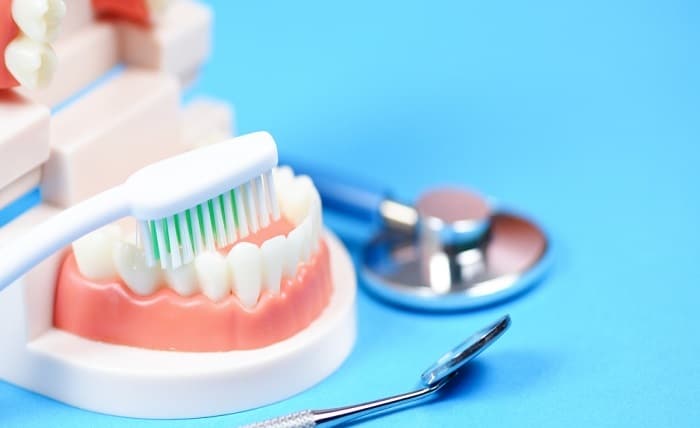The Golden Smile: Maintaining Dental Health in Your Golden Year

As we age, maintaining our health becomes increasingly important, and dental health is no exception. A healthy mouth not only contributes to overall well-being but also enhances quality of life. For seniors, preserving dental health can be a bit more challenging due to age-related changes. However, with the right strategies, it is entirely possible to keep that golden smile shining bright.
The Importance of Regular Check-ups
One of the fundamental keys to maintaining dental health in your golden years is regular dental check-ups. As we age, our teeth and gums become more vulnerable to issues such as decay, gum disease, and oral cancer. Routine visits to your dentist can help in early detection and prevention of these problems. A dentist from Simpsonville SC, for instance, can provide tailored advice and treatments that address the specific needs of senior patients. These regular check-ups allow dental professionals to monitor changes in your oral health and intervene before minor issues turn into major concerns.
Proper Oral Hygiene Practices
Good oral hygiene is crucial at any age, but it becomes particularly vital as we grow older. Seniors should follow a comprehensive oral care routine that includes brushing, flossing, and rinsing. Brushing twice a day with a fluoride toothpaste helps remove plaque and prevent cavities. It’s essential to use a toothbrush with soft bristles to avoid damaging sensitive gums. Flossing is equally important as it removes food particles and plaque from between teeth where a toothbrush can’t reach.
For those with arthritis or dexterity issues, electric toothbrushes and flossing aids can make these tasks easier. Additionally, using an antiseptic mouthwash can help reduce bacteria in the mouth, providing an extra layer of protection against gum disease.
Dietary Considerations
Diet plays a significant role in maintaining dental health. As we age, our nutritional needs change, and incorporating a diet rich in essential vitamins and minerals is crucial for oral health. Foods high in calcium and vitamin D are important for maintaining strong teeth and bones. Dairy products, leafy greens, and fortified grains are excellent sources of these nutrients.
Limiting sugary snacks and beverages can prevent tooth decay. Instead, seniors should opt for healthier options like fresh fruits, vegetables, and nuts. Staying hydrated is also essential, as a dry mouth can increase the risk of cavities and gum disease. Drinking plenty of water and chewing sugar-free gum can stimulate saliva production and help keep the mouth moist.
Dealing with Common Dental Issues
Aging can bring about specific dental concerns such as tooth sensitivity, dry mouth, and the need for dentures. Tooth sensitivity can often be managed with special toothpaste designed to alleviate discomfort. For those experiencing dry mouth, staying hydrated and possibly using saliva substitutes can provide relief.
For seniors who require dentures, proper care is vital. Dentures should be cleaned daily to prevent plaque buildup and ensure a comfortable fit. Regular visits to the dentist will ensure that dentures fit properly and adjustments can be made as needed.
The Psychological Benefits of a Healthy Smile
Beyond the physical benefits, maintaining dental health has significant psychological advantages. A healthy smile can boost self-esteem and confidence, allowing seniors to engage more freely in social activities. It also impacts their ability to enjoy food, speak clearly, and express themselves without discomfort.
Conclusion
In summary, maintaining dental health in your golden years is achievable with regular dental check-ups, proper hygiene practices, a balanced diet, and addressing any age-related dental issues. By prioritizing oral health, seniors can enjoy a better quality of life, marked by enhanced physical health and psychological well-being. A little effort goes a long way in ensuring that your smile remains as vibrant and healthy as ever, truly embodying the essence of a “golden smile.”




